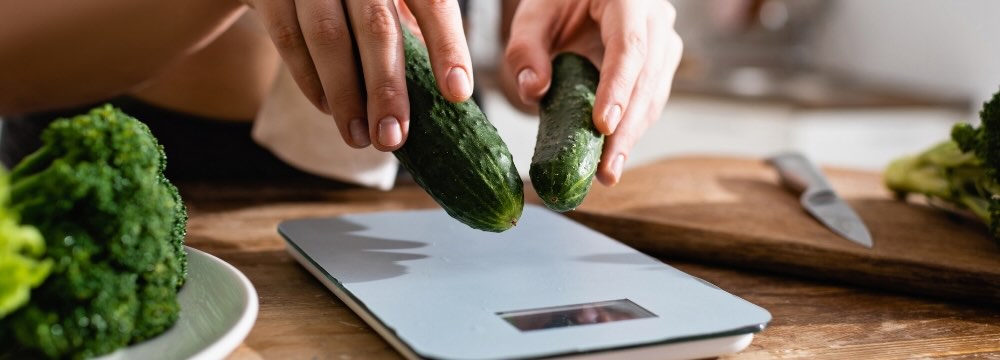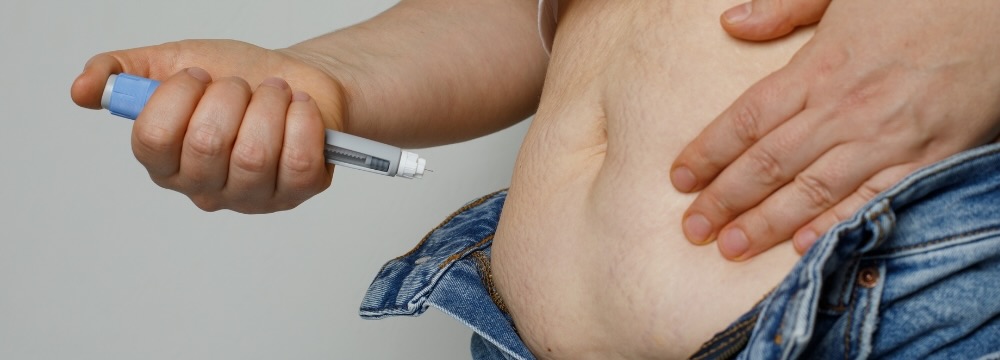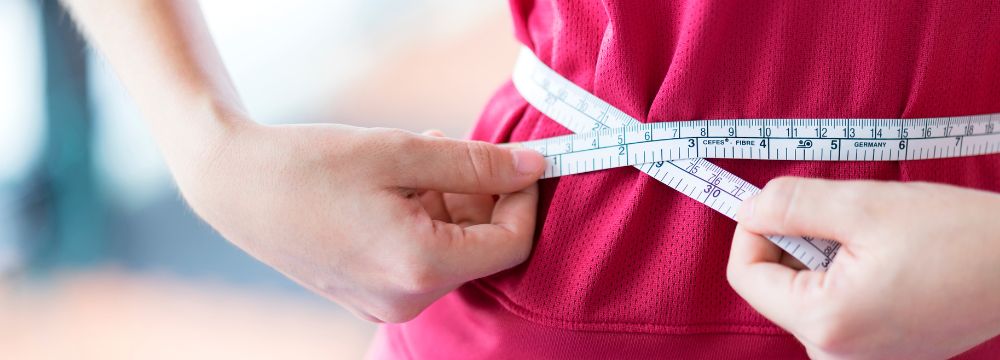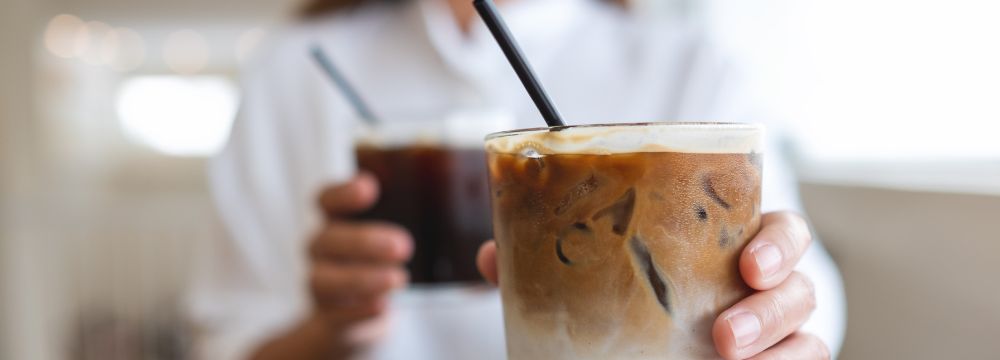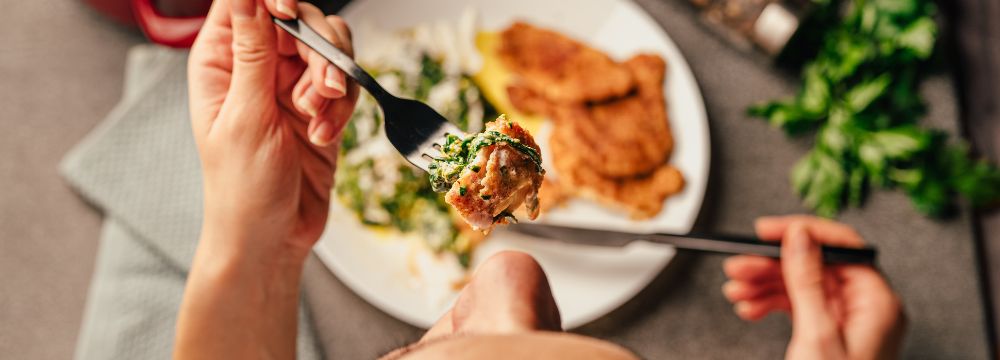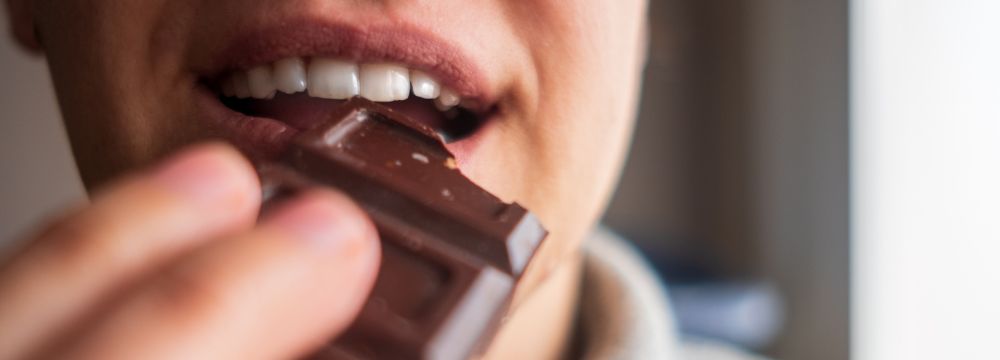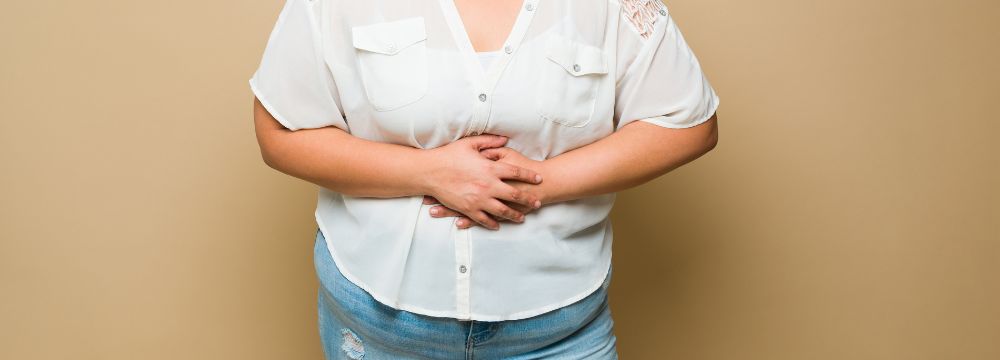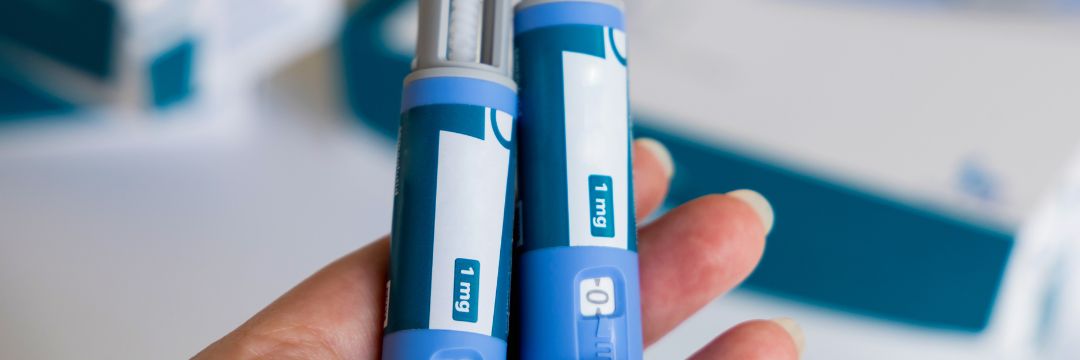
Official VIP Surg Blog
After Bariatric Surgery
Bariatric Surgery
BMI
COVID-19
Diabetes
Diet
Drinks
Eating At home
Endoscopic Sleeve or ESG
Exercise
Gallbladder
Gastric Sleeve
General Surgery
GERD
Heart
Hernia Surgery
Hydration
Insurance
Ketosis Diet
Laparoscopic Surgery
Mental Health
Obesity
Pain
Patient Blog
Recipes
Relationships
Robotic-Assisted Surgery
Sugar
Support
Testosterone
Uncategorized
Vitamins
Weight Loss
Weight Loss Medication

Popular categories
After Bariatric Surgery
See more ArticlesDiet
See more ArticlesBariatric Surgery
See more Articles
After Bariatric Surgery
Bariatric Surgery
BMI
COVID-19
Diabetes
Diet
Drinks
Eating At home
Endoscopic Sleeve or ESG
Exercise
Gallbladder
Gastric Sleeve
General Surgery
GERD
Heart
Hernia Surgery
Hydration
Insurance
Ketosis Diet
Laparoscopic Surgery
Mental Health
Obesity
Pain
Patient Blog
Recipes
Relationships
Robotic-Assisted Surgery
Sugar
Support
Testosterone
Uncategorized
Vitamins
Weight Loss
Weight Loss Medication


